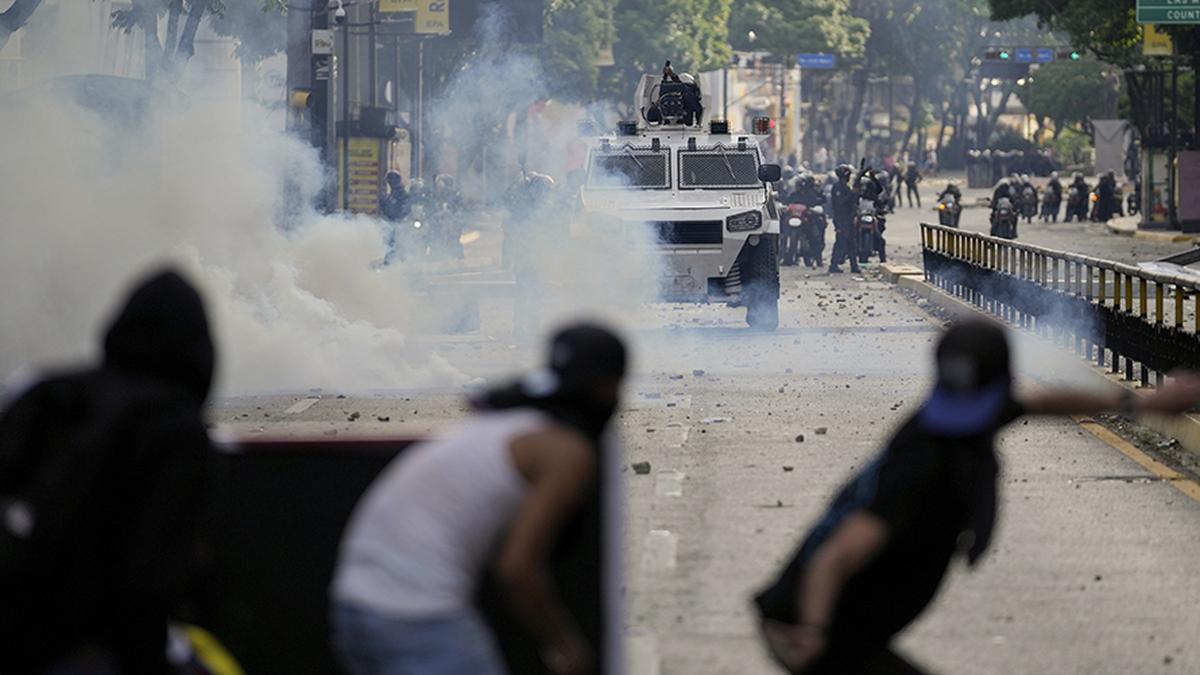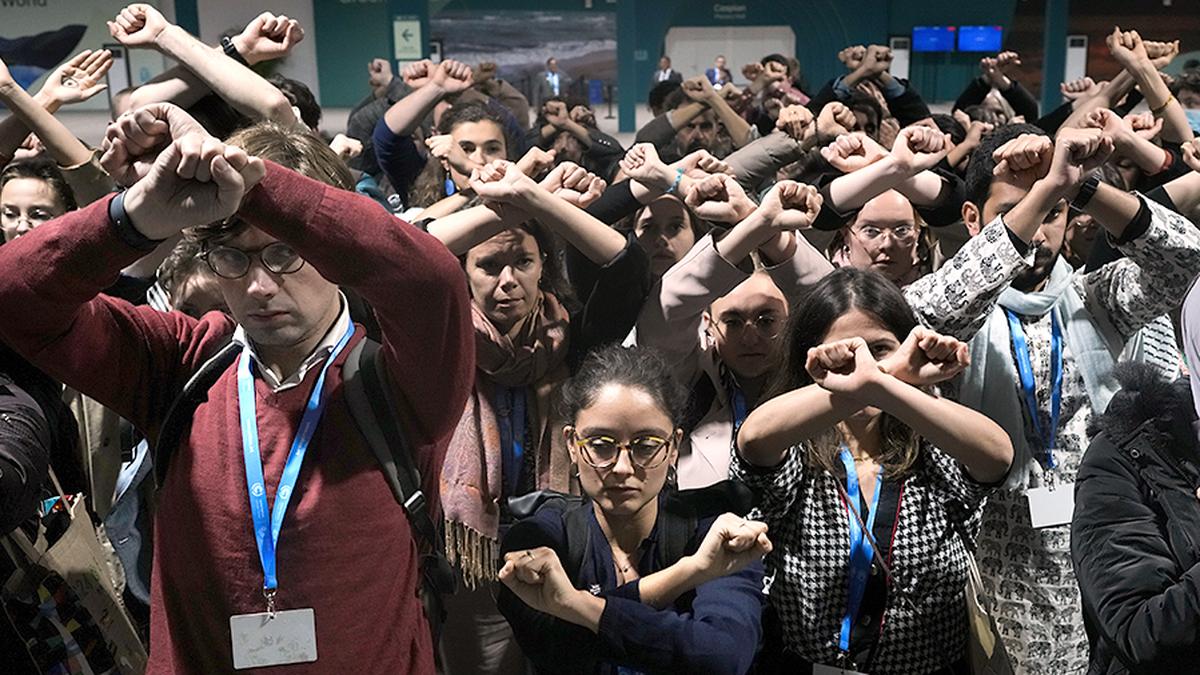The story so far: On July 28, Venezuela went to polls with the current President Nicolas Maduro facing off against opposition candidate Edmundo Gonzalez. Four hours after the polls closed, the country’s National Electoral Council (CNE) declared Mr. Maduro the winner, citing his tally of 51.21% votes compared to Mr. Gonzalez’s 44.2%. However, the opposition was quick to refute these results, saying their count showed Mr. Gonzalez polling 67% of the votes and Mr. Maduro just 30%. They asked the government to publish the vote tally from each polling station, which Mr. Maduro refused. This led to massive protests and a government crackdown wherein 24 people died and over 2,000 were arrested. The winner is scheduled to take oath on January 10, 2025.
Also read: Anti-Maduro protests spread as Venezuelan opposition says he stole vote
What was status quo before polls?
Mr. Maduro took over from long-time leader Hugo Chavez following his death in 2013. A country replete with oil reserves, Venezuela’s economy has witnessed spurts of booms and lulls since oil reserves were first discovered there in the 1920s, lending it the tag of a petrostate.
Petrostates are marked by governments whose sole focus lies on oil exports, weak political institutions, and power concentrated in the hands of a few politically elite groups. Such nations’ economies are fragile and are susceptible to the slightest fluctuations in global fuel prices. They are also vulnerable to a condition called ‘Dutch disease’. Governments of afflicted countries have almost completely forgone local oil production, and the major mode of revenue are the taxes paid by foreign drilling companies. An accompanying fallout is the damage borne by labour-intensive industries such as agriculture and manufacturing.
Venezuela met with a similar fate in the early 2010s when global oil prices plummeted. Inflation rose throughout the country and shortage of essential goods became widespread. People protested and Mr. Maduro and his United Socialist Party responded by consolidating power through further crackdowns, inviting the wrath of global powers such as the U.S., which imposed sanctions.

How were the elections held?
One of the fallouts from the Ukraine war has been the rising oil prices. To mitigate the crisis, the U.S. eased some of the sanctions on Venezuela in November 2022. The Maduro regime reciprocated by promising free and fair elections this year. This proved to be hollow from the start as the opposition’s original candidate Maria Corina Machado and its subsequent choice Corina Yoris were barred from running. Mr. Gonazlez ultimately emerged as the consensus candidate.
To ensure transparency, the electoral system in Venezuela comprises an electronic voting machine which produces a paper receipt after each voter registers their choice at the polling booth. These receipts are then deposited in a ballot box at the booth. At the end of the polls, the voting machines at the booths produce a tally sheet showing the names of every candidate and the number of votes they polled. The electoral authority, long sympathetic to Mr. Maduro, denied the opposition access to the tally sheet.
Foreseeing such adversities, a Guardian report states that members of the 10-party opposition coalition called the Democratic Unitary Platform drew up a nine-month-long plan to circumvent the rigged election process. Their strategy, involving more than one million people trained in 5,000 workshops, made sure that the opposition could access 83% of the tally sheets from 30,026 polling stations within 48 hours, revealing that Mr. Gonzalez polled 67% votes.
What has been the aftermath?
While China, Cuba, Iran and Russia congratulated Venezuela, a joint statement from 50 countries at the UN called for publishing the vote tally sheets. Media houses such as the Associated Press and The Washington Post have verified the opposition’s results and certified them. However, Mr. Maduro has withheld the release of the vote tally sheets citing a cyberattack but without providing evidence. Crying foul, citizens took to the streets and were met with resistance from the state. The deaths and arrests prompted the United Nations Human Rights Council to call it the most acute human rights crisis in recent history.
Published – September 23, 2024 08:30 am IST




